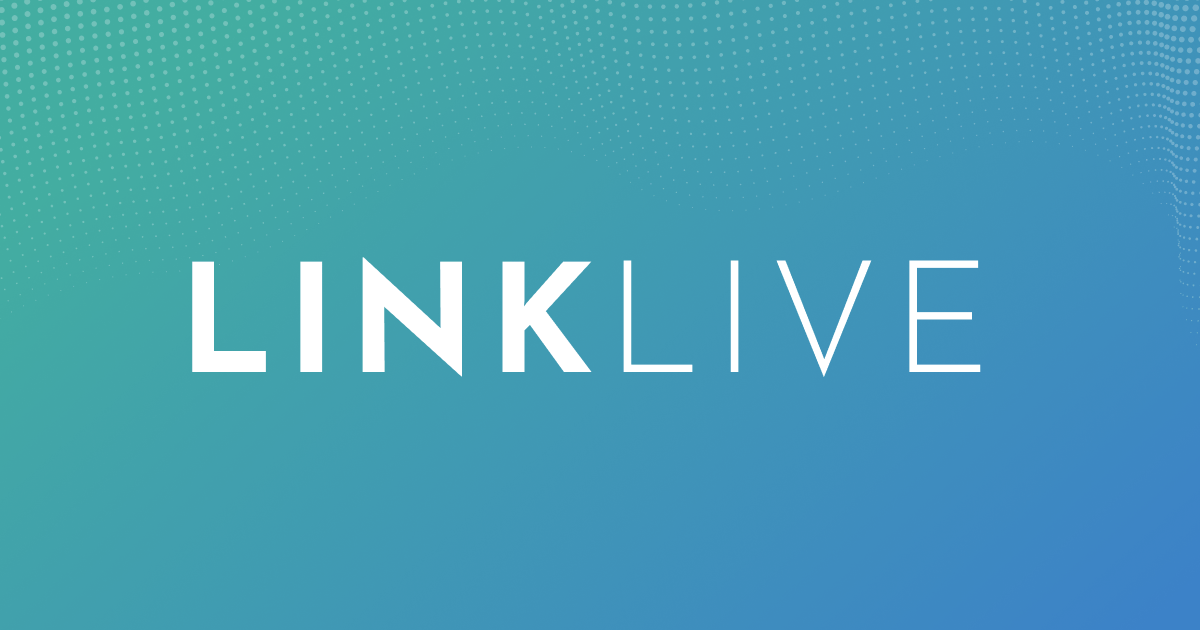Cybersecurity & Healthcare: The Legacy Tech Conundrum

Modern technology has significantly changed healthcare — from the way medical professionals care for patients to the way the front offices handle the business side of medicine. Although many healthcare organizations are implementing new technologies, plenty of them still continue to use legacy technology systems and are hesitant to adopt cloud-based solutions.
In some ways, the old adage, “If it isn’t broke, don’t fix it,” comes into play. But when it comes to healthcare, the legacy systems are broken. Healthcare organizations that continue to use legacy systems are often limited in what they can do. And increasingly, organizations that ignore new technologies are putting themselves and patients at risk.
Today, security is of the utmost importance to executives in the healthcare industry, especially since digital transformation initiatives have created new digital solutions that are changing standards for patient care. For example, cloud service providers need to be HITRUST-certified to ensure quality security for a healthcare organization.
The Trouble with Legacy Technology
The Health Information Management Systems Society’s (HIMSS) annual Cybersecurity survey sampled 166 health information security professionals on the practices of U.S. healthcare organizations. This year the survey found that, despite a recent uptick in cybersecurity practices, legacy systems pose an imminent threat. Because legacy systems do not provide modern encryption technology, private health information can be compromised.
Organizations using legacy technology increase their potential liability because older systems cannot secure confidential patient data from digital risks. Not only can hardware issues put the massive amounts of sensitive patient data at risk, but unpatched software poses security issues as well. Migrating from a legacy technology solution to a cloud-based unified communications solution is certainly a big task that consumes a significant amount of time and resources.
Of course, adopting new technology is not easy — from the time and resources involved in selecting a secure vendor to the implementation of a new solution to the training of employees on the new system. Because of this, it is no wonder that healthcare organizations are avoiding the adoption of new technologies for as long as possible.
If nothing is broken or inherently “wrong” with a healthcare organization’s legacy technology, then why is it in their best interests to adopt a cloud-based platform to ensure that patient data is better protected?
The Role of Cloud-based Platforms in Securing Patient Data
When it comes to securing patient data in today’s digital era, healthcare organizations working with cloud service providers (CSPs) receive a higher degree of security than they would with legacy technology. Because there are so many CSPs to choose from, those who are looking to attract healthcare organizations as customers must offer a top-notch security system in order to compete.
Using a cloud-based platform lifts the weight of auditing and security concerns off the organization’s shoulders and places the responsibility on the CSP, which is in the business of ensuring that data is thoroughly protected. Since CSPs are held to a higher standard of security than legacy tech solutions, healthcare organizations can appreciate that data in the cloud is encrypted and recoverable. Additionally, cloud-based platforms enable organizations to restrict employee access to some patient data based on their roles — further mitigating the risk of a data breach.
Although the initial cost of switching to a cloud-based platform can be high and the process of implementing a new solution can seem daunting, healthcare systems utilizing a cloud-based platform ultimately spend less time, money and resources in securing patient data.
Why the HITRUST CSF Certification Matters
The healthcare industry is regulated by the Health Insurance Portability and Accountability Act of 1996, or HIPAA, which not only ensures confidentiality, integrity and availability of all data created, received, maintained or transmitted, but also protects patients against data breaches. Although HIPAA is a regulatory baseline for data protection, it does not offer comprehensive security for evolving threats and liabilities created by today’s digital advancements.
The HITRUST Alliance offers the HITRUST CSF certification, which provides organizations with a comprehensive approach to regulatory compliance and risk management. The certification normalizes more than 20 of the most common security and privacy standards, including PCI, ISO2700, HIPAA, NIST and COBIT.
Different from HIPAA, the HITRUST CSF certification classifies a vendor as compliant with the strictest and most prevalent security standards. HITRUST CSF provides both covered entities and business associates with a universal, industry-designed cybersecurity framework. HITRUST-certified IT providers deliver a much-needed peace of mind — valuable reassurance when handling sensitive data that is susceptible to breaches.
Today, legacy systems are outdated and no longer equipped to ensure the security needed when handling patient information. If healthcare organizations make the switch over to CSPs with HITRUST certification, not only will they be protecting their patients — they will save themselves a lot of time, money and worry.
